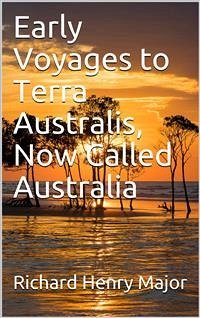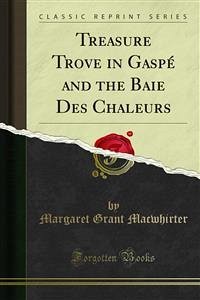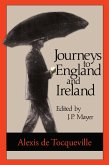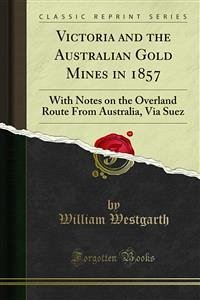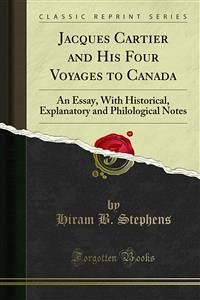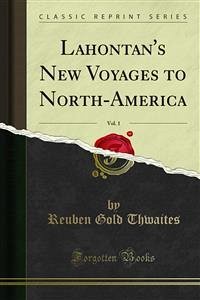A Collection of Documents, and Extracts from Early Manuscript Maps, Illustrative of the History of Discovery on the Coasts of That Vast Island, from the Beginning of the Sixteenth Century to the Time of Captain Cook. "Early Voyages to Terra Australis" from Richard Henry Major. Geographer and map librarian who curated the map collection of the British Museum from 1844 until his retirement in 1880 (1818-1891).
Bitte wählen Sie Ihr Anliegen aus.
Rechnungen
Retourenschein anfordern
Bestellstatus
Storno

